How to Choose a Hydraulic Ironworker Machine
Definitive Guide: How to Choose a Hydraulic Ironworker Machine for Your Shop
A hydraulic ironworker machine is the most versatile equipment in any metal fabrication shop, capable of punching, shearing, notching, and bending metal plates, bars, and profiles. Selecting the right hydraulic ironworker is critical for maximizing efficiency, precision, and safety across industries such as construction, automotive, and metallurgy.
As a leading manufacturer since 1985, JSTMT offers high-quality hydraulic iron workers tailored to your requirements. Visit our hydraulic ironworker machine to provide a comprehensive, high-level overview. Its purpose is to guide you how to choose a Hydraulic Ironworker Machine.
1.Hydraulic Ironworker Tonnage Calculation
The most critical factor in choosing an ironworker machine is its tonnage capacity. This determines the maximum thickness and material type the machine can effectively process. Simply, tonnage is the amount of force the machine is capable of applying to a task.
A. Mastering the Hydraulic Ironworker Tonnage Calculation
Tonnage Required=Hole Diameter×Material Thickness×80
Example: To punch a hole diameter 1/2″, thickness plate: 1/4″ mild steel
(Tonnage Capacity: 0.05×0.25×80=10 tons required)
Advanced Note:
1) The hole diameter you punch should never be smaller than the material thickness to prevent damage to your tooling.
2) To punch materials other than mild steel (e.g., stainless steel, aluminum), you must apply a Tonnage Conversion Factor to the result.
B. Defining Your Capacity Needs
The Hydraulic Ironworker tonnage capacity (50T to 200T) determines the machine’s ability to handle specific material thicknesses and types (e.g., mild steel up to 20mm, angles up to 8mm). Assess your typical workloads:
Workload Type Tonnage Range Capacity
Light-Duty (Small workshop) 50T-90T Plate Thickness to 10mm
Heavy-Duty (Structural Fab) 120T-200T Thicker plates (up to 20mm)/ high-volume production.
2. Five working stations, Tooling, and Functionality
1) Five working Station
JSTMT metal ironworker machines include five workstations (punching, shearing, notching, bending, and optional forming), with quick-change nuts and dual-operator options for maximum efficiency.
5 station benefits: Hydraulic ironworkers feature multiple workstations (punching, shearing, notching, bending), allowing simultaneous or sequential tasks. Dual-operator models enhance productivity by enabling two workers to operate different stations concurrently.
How to Choose :
- Confirm the ironworker machines include all required functions (e.g., punching, angle shearing, V-notching).
- Look for quick-change tooling systems to reduce setup time by up to 50%.
- Consider dual-operator models for high-volume shops to double output.
2) Single Operator vs. Dual Operator
- Single Operator Ironworkers: These machines are more affordable and allow one person to use one station at a time. Ideal for smaller shops or those with highly varied, sequential work.
- Dual Operator Ironworkers: This is the most significant productivity boost. The dual-cylinder hydraulic system allows two operators to safely run two separate stations simultaneously (e.g., punching and flat bar shearing) without compromising power or safety. If your shop volume is high, the cost increase is quickly offset by the improved efficiency.
3) Quick change ironworker Tooling Systems and Accessories
The heart of an ironworker’s versatility is its tooling. Look for systems that offer:
- Quick-Change Ironworker Tooling: Minimizes downtime between jobs, keeping your machine productive.
- Dedicated Coper/Notcher Station: A separate station saves on tool change time and is ideal for fabrication that requires precise corner cuts and flange trimming.
- Adjustable Stroke Control: This allows operators to set the stroke length based on the material, speeding up cycles and reducing wear.
3. Evaluate Control Systems and Automation
What to Consider: Modern hydraulic ironworkers may feature CNC or NC controls for precision and automation, especially for repetitive tasks or complex profiles. Manual controls suit smaller shops, while CNC systems benefit high-precision industries.
How to Choose:
- Choose CNC ironworkers for tolerances as low as ±0.1mm and automated backgauge positioning.
- Verify compatibility with control systems like automatic positioning for programming complex sequences.
- Ensure user-friendly interfaces to minimize operator training time.
Solution: Our CNC hydraulic ironworkers feature CNC automatic position and feeding system, delivering ±0.1mm precision and automated workflows, ideal for automotive and aerospace applications.
4. Prioritize Safety and Compliance
What to Consider: Safety features are critical to protect operators and meet standards like CE and ISO 9001. Look for light curtains, emergency stops, and guardrails to minimize risks.
How to Choose:
- Ensure light curtains stop operation in <0.1 seconds if obstructions are detected.
- Verify emergency stop functionality across all workstations.
- Check for hydraulic overload protection and robust guardrails.
Solution: JSTMT ironworkers are CE-certified, equipped with light curtains, emergency stops, and hydraulic burst valves for operator safety.
5. Durability and Maintenance Requirements
Heavy-Duty Frame: The machine’s frame must be robust enough to handle the maximum tonnage without flex.
After-Sales Support: Choose a manufacturer that offers rapid spare parts availability and technical support.
A durable ironworker with low maintenance needs reduces long-term costs. Welded steel frames and high-quality tooling (e.g., 42CrMo steel) ensure longevity.
How to Choose:
- Select machines with welded steel frames and a minimum 10-year warranty.
- Look for centralized lubrication systems to reduce maintenance by 30%.
- Verify tooling durability (e.g., HRC 48-52 hardness) for over 100,000 cycles.
Solution: JSTMT hydraulic ironworkers feature welded frames with a 10-year warranty, 42CrMo tooling, and centralized lubrication for minimal upkeep.
Additional Tips for how to Choose a Hydraulic Ironworker machine
- Footprint and Portability: Ensure the machine fits your workshop (e.g., 2m x 1.5m for compact models).
- After-Sales Support: Choose a manufacturer offering 24/7 technical assistance and spare parts availability.
- Customization Options: Option for customizable punches, dies, and accessories to meet specific project needs.
- Budget: Balance upfront costs with long-term savings from durability and efficiency.
Ready to Invest in the Right Ironworker Machines?
As a trusted supplier of sheet metal machinery, JSTMT delivers hydraulic ironworker machines that excel in performance, safety, and durability. Our machines offer:
- Tonnage Range: 50T to 200T for versatile fabrication.
- Precision Tooling: Custom punches and dies for punching, shearing, and notching.
- CNC Automation: CNC automatic position and feeding system.
- Safety Features: CE-compliant light curtains and emergency stops.
- Support: 24/7 technical assistance, free parts during warranty, and on-site service.
If you are ready to choose the best ironworker machine, you can visit ironworker machines page to explore our range, request a quote, or contact us at +86 21 5777 3892 or contact us here. For instant inquiries, WhatsApp us at +86 1500036 5105.


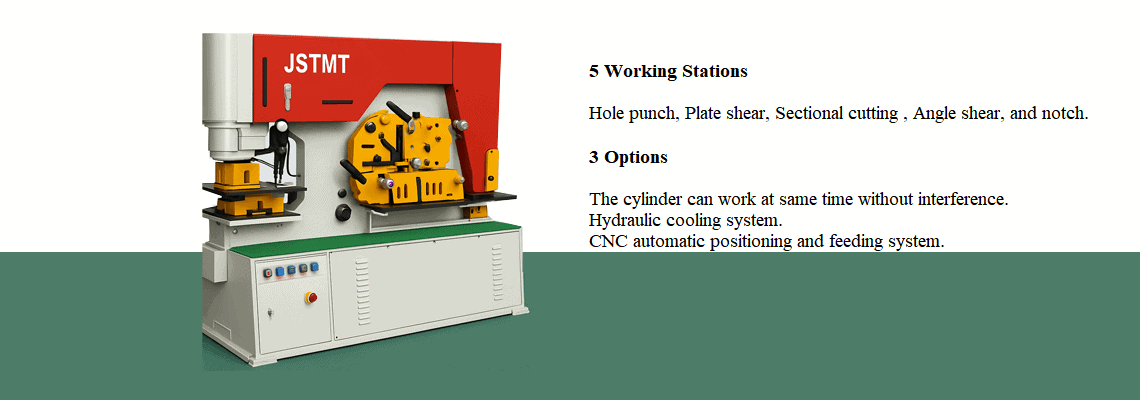
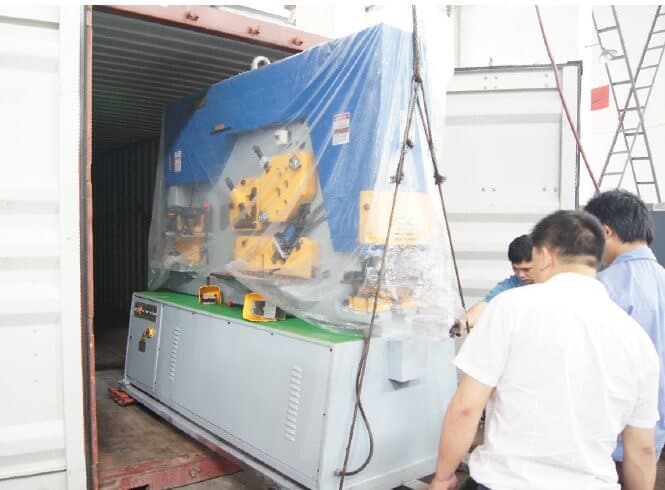

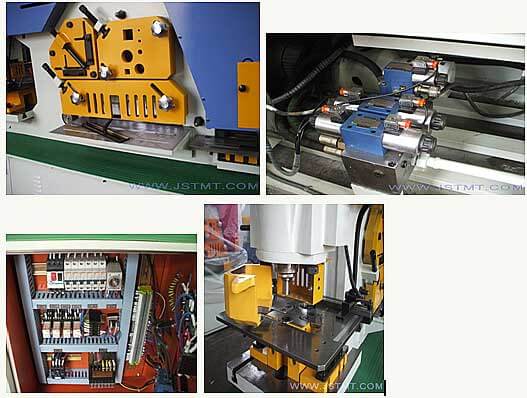
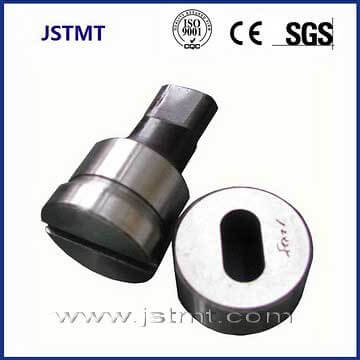
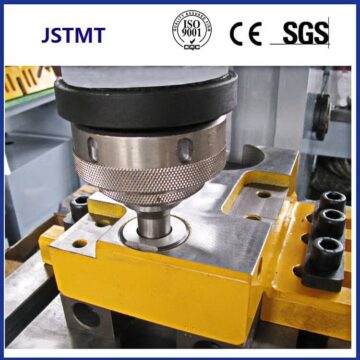
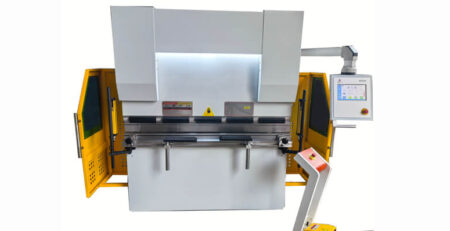
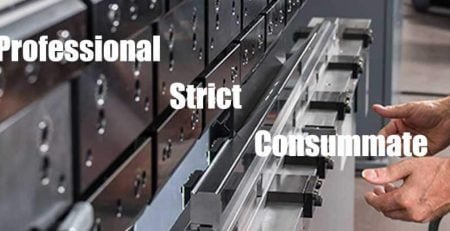
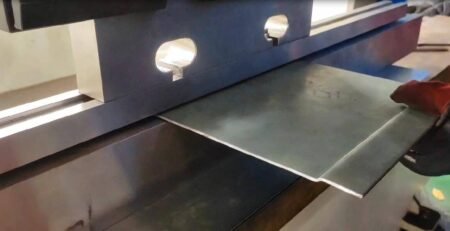

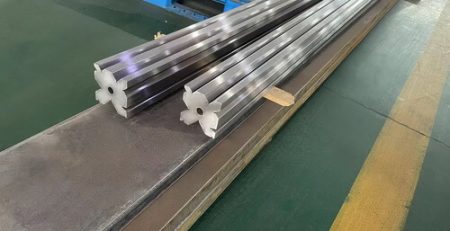
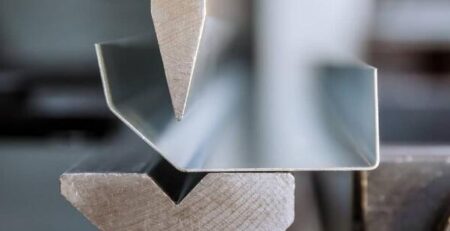
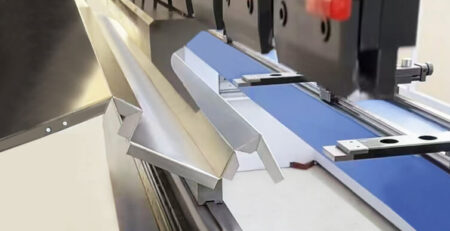
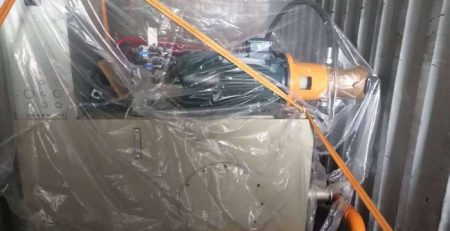
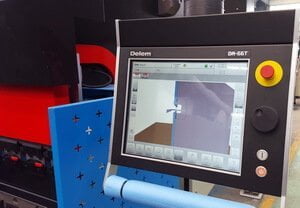
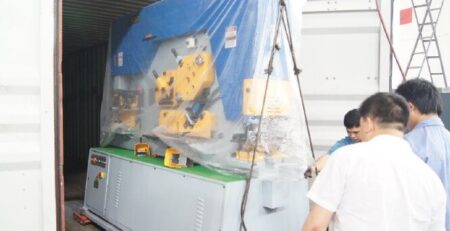
Leave a Reply